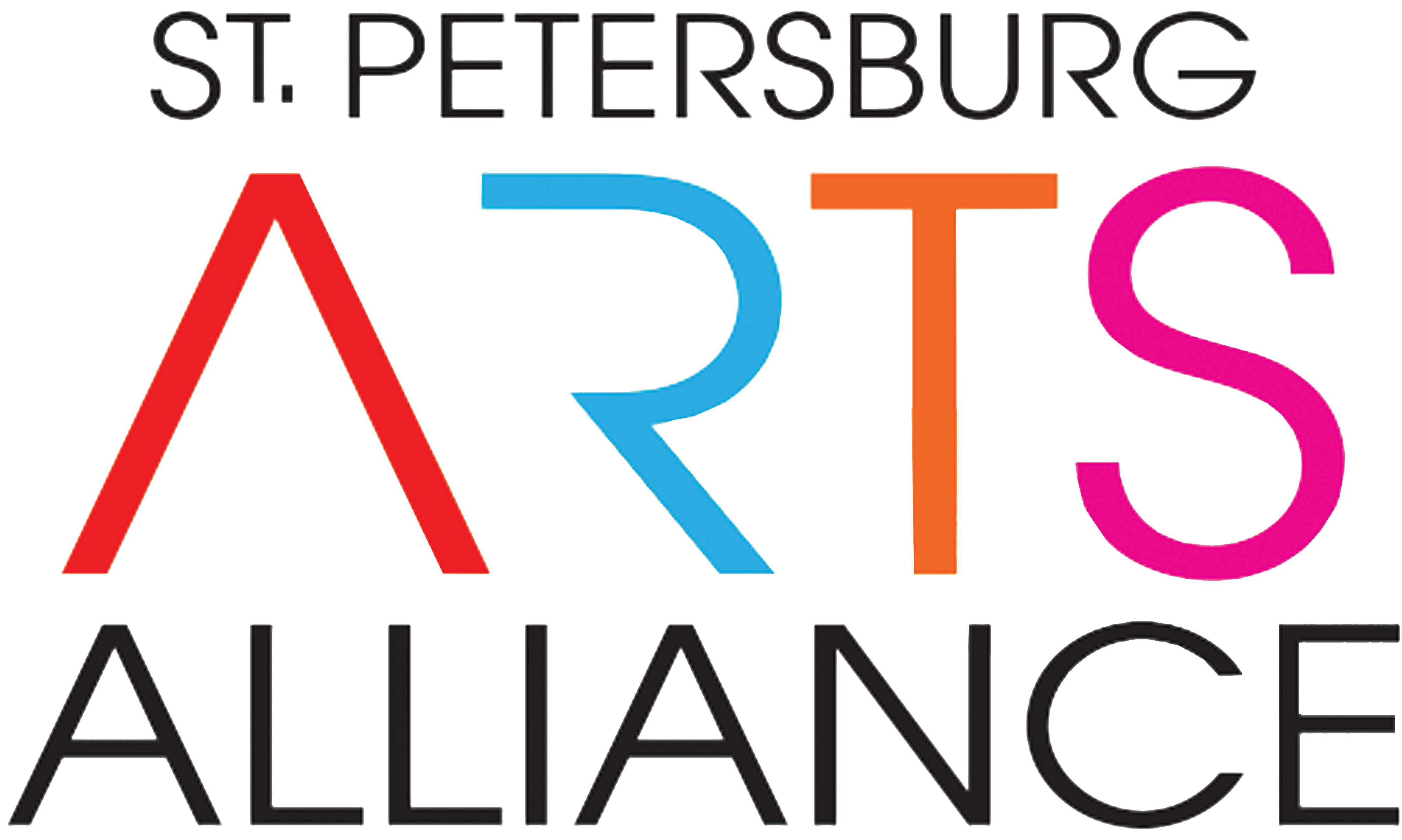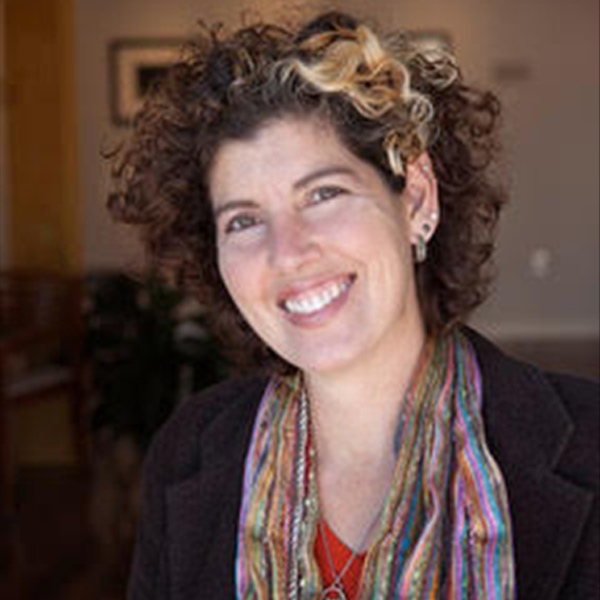Beth Reynolds
Nearly 20 years ago, Beth Reynolds started the photography program at the Morean Arts Center in downtown St. Petersburg. After leaving in 2009 to teach photography and work as a photojournalist throughout New England, Reynolds returned to the Morean Arts Center as director of photography in 2016.
“I began photographing for my school newspaper in the 9th grade. Being a photojournalist has been my passion for over 30 years.”
Reynolds has exhibited award-winning documentary projects in Connecticut, Massachusetts, Florida, Kentucky and California and was selected to be the first Photographer Laureate for the city of Tampa in 2003. Through grants, commissions and self-funding she has dealt with the issues of inclusion, health care, cancer survivors, welfare, the environment, immigration and aging.
A native of St. Petersburg, Reynolds earned an MFA in Photography from the University of Hartford and has been a photographer-educator for nearly 30 years. Her expertise includes documentary, fine art and portraiture photography. She teaches all levels of photography and has extensive experience leading travel-photo adventure tour groups.
Reynolds’ work is included in the Ringling Museum of Art in Sarasota and in multiple collections on the U.S. East coast. She exhibits her work extensively and juries many photography shows each year.
Artist Statement:
“For most of my life, I have relied on my camera. Light gives me pause, but it often leaves me at a loss for words. With my camera I can pull together my emotions and words and create a photograph that speaks for me. When I was much younger, and shy, my camera was my shield, my suit of armor. It made it possible to go places and meet people that I might not have been ready for on my own. As I grew older and more sure of myself, my camera helped me find my way into new places and new experiences. It was a kind of Global Positioning System to help me navigate the maze that my learning disabilities created for me.
“Today, my camera serves as a tour guide. It helps me see what’s important, and it helps me focus my thoughts and my emotions and find my way through the chaos.
“I’m inspired by the documentary photographers of the Depression-era Farm Security Administration. With my camera – a smart phone, a digital camera, or a traditional film camera – I wander, looking for moments, faces and places that will secure my memories. Through it all, it is my camera that connects me to the world, that makes me part of the moment I am photographing. That is my reward.”

